There is a growing body of evidence that appropriate exercise can slow the rate of progression of Parkinson’s – and who wouldn’t want to do that? Exercise is like a new medicine but without the negative side effects of a drug. The only side effects are possible stiffness at first in areas not normally stiff, then a feeling of satisfaction and achievement. Not bad!
Studies have shown that exercise has a beneficial effect on the brain, which we can’t see, as well as positive effects on Parkinson’s symptoms and general well-being which we do see. There are two guiding principles: start some sort of exercise as soon after diagnosis as possible with proper supervision, although it is never too late to start something, and do something you enjoy and that is within your capabilities. Walking, swimming, cycling, Nordic Walking are just some options. Group exercise is often more motivational than solitary effort.
People in Cranleigh with Parkinson’s also have a variety of bespoke opportunities through Surrey Hills Rehab at Smithbrook Kilns. Specific PD classes have the advantage that everyone is in the same boat and no one is judgemental. The mutual support and encouragement is part of the beneficial process – you come away feeling uplifted and that you have taken some control over your condition. There is also a group specifically for people with Young Onset Parkinson’s on a Saturday morning so not to interfere with work commitments.
Physiotherapist led classes based on PD Warrior emphasise the need to make big and exaggerated movements, fooling muscle memory into accepting oversize as the new normal. Then when PD inevitably constrains and shrinks movement, there is further to go before movements become very small and slow.
NeuroYoga is great for breathing control and relief of stress as well as the obvious advantages of maintaining flexibility, strengthening core and limb muscles and improving balance. NeuroPilates also works on strengthening core muscles and keeping flexible. Your practice is individual, not competitive and there are styles of exercise to suit everyone, even if you can’t get down easily to the floor.
Anyone who belongs to an organisation who wishes to learn more about living with Parkinson’s can contact Valerie Box, (vbox@parkinsons.org.uk), the area’s volunteer speaker for Parkinson’s UK. She will willingly come and give a free talk, about the condition, current research, and the support available locally and nationally.
Written by Valerie Box, Parkinson’s Warrior


